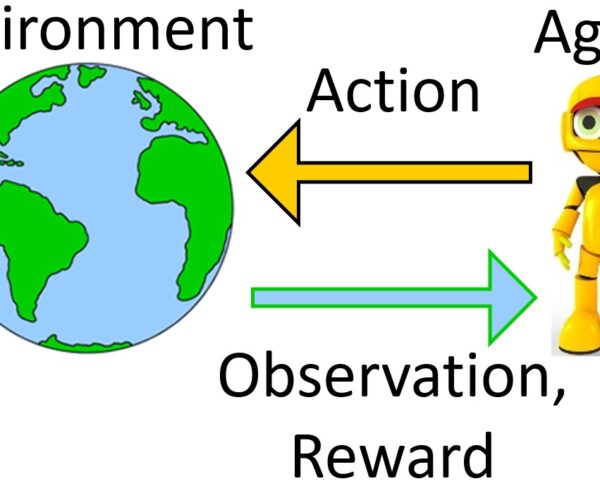
Introduction:
Artificial Intelligence (AI) has become a buzzword in today’s technological landscape, revolutionizing various industries and transforming the way we interact with technology. AI encompasses the development of intelligent machines capable of performing tasks that typically require human intelligence. From voice assistants to self-driving cars, AI has already made a significant impact on our lives. In this blog post, we will delve into the present state and future prospects of AI, exploring its applications, challenges, and potential implications.
- Current Applications of AI:
AI has found its way into numerous industries, improving efficiency, enhancing decision-making, and enabling innovation. Some prominent applications of AI include:
a. Personal Assistants: Virtual personal assistants like Siri, Google Assistant, and Alexa utilize AI algorithms to understand and respond to human queries, helping users with tasks and providing information.
b. Healthcare: AI is revolutionizing healthcare by assisting in diagnosis, drug discovery, and personalized treatment plans. Machine learning algorithms can analyze vast amounts of medical data to identify patterns and predict outcomes.
c. Autonomous Vehicles: AI plays a crucial role in the development of self-driving cars, enabling them to perceive their surroundings, make decisions, and navigate safely.
d. Customer Service: AI-powered chatbots are used by businesses to provide quick and efficient customer support, handling inquiries and resolving issues in real-time.
e. Financial Services: AI algorithms are employed for fraud detection, risk assessment, and algorithmic trading in the finance industry, improving accuracy and efficiency.
- Advancements in AI Technologies:
Recent advancements in AI technologies have accelerated its capabilities and opened up new possibilities. Some notable advancements include:
a. Machine Learning: Machine learning algorithms allow systems to learn from data and improve their performance over time without explicit programming. Deep learning, a subset of machine learning, utilizes neural networks to analyze and extract complex patterns from data, enabling breakthroughs in areas like image recognition and natural language processing.
b. Natural Language Processing (NLP): NLP enables computers to understand and interpret human language, facilitating applications like speech recognition, language translation, and sentiment analysis.
c. Computer Vision: Computer vision technologies enable machines to perceive and understand visual information. Object recognition, facial recognition, and autonomous navigation are examples of computer vision applications.
d. Robotics: AI-powered robots are becoming more sophisticated, capable of performing complex tasks in industries such as manufacturing, healthcare, and logistics.
- Challenges and Ethical Considerations:
While AI offers immense potential, it also presents challenges and raises ethical considerations:
a. Bias and Fairness: AI systems are only as good as the data they are trained on. Biased or incomplete data can lead to biased decisions and perpetuate societal inequalities.
b. Privacy and Security: The use of AI involves collecting and analyzing vast amounts of data, raising concerns about privacy and data security.
c. Job Displacement: The automation potential of AI raises concerns about job displacement and the need for reskilling and upskilling the workforce.
d. Ethical Decision-Making: AI systems must be designed to make ethical decisions and be transparent, accountable, and unbiased.
- The Future of AI:
The future of AI holds immense possibilities and potential impact:
a. Healthcare Revolution: AI has the potential to revolutionize healthcare by enabling precision medicine, early disease detection, and personalized treatment plans.
b. Smarter Cities: AI can contribute to the development of smart cities, optimizing resource allocation, enhancing transportation systems, and improving urban planning.
c. Enhanced User Experience: AI will continue to enhance user experiences through personalization, recommendation systems, and adaptive interfaces.
d. Ethical AI Development: Ensuring ethical AI development will be crucial to address biases, protect privacy, and uphold fairness and transparency.
Conclusion:
Artificial Intelligence is already


